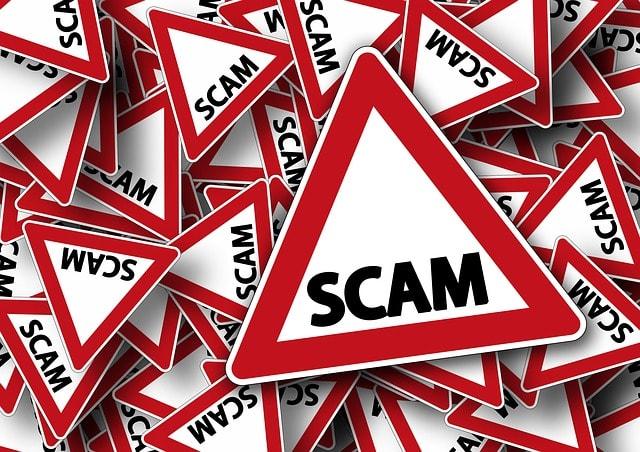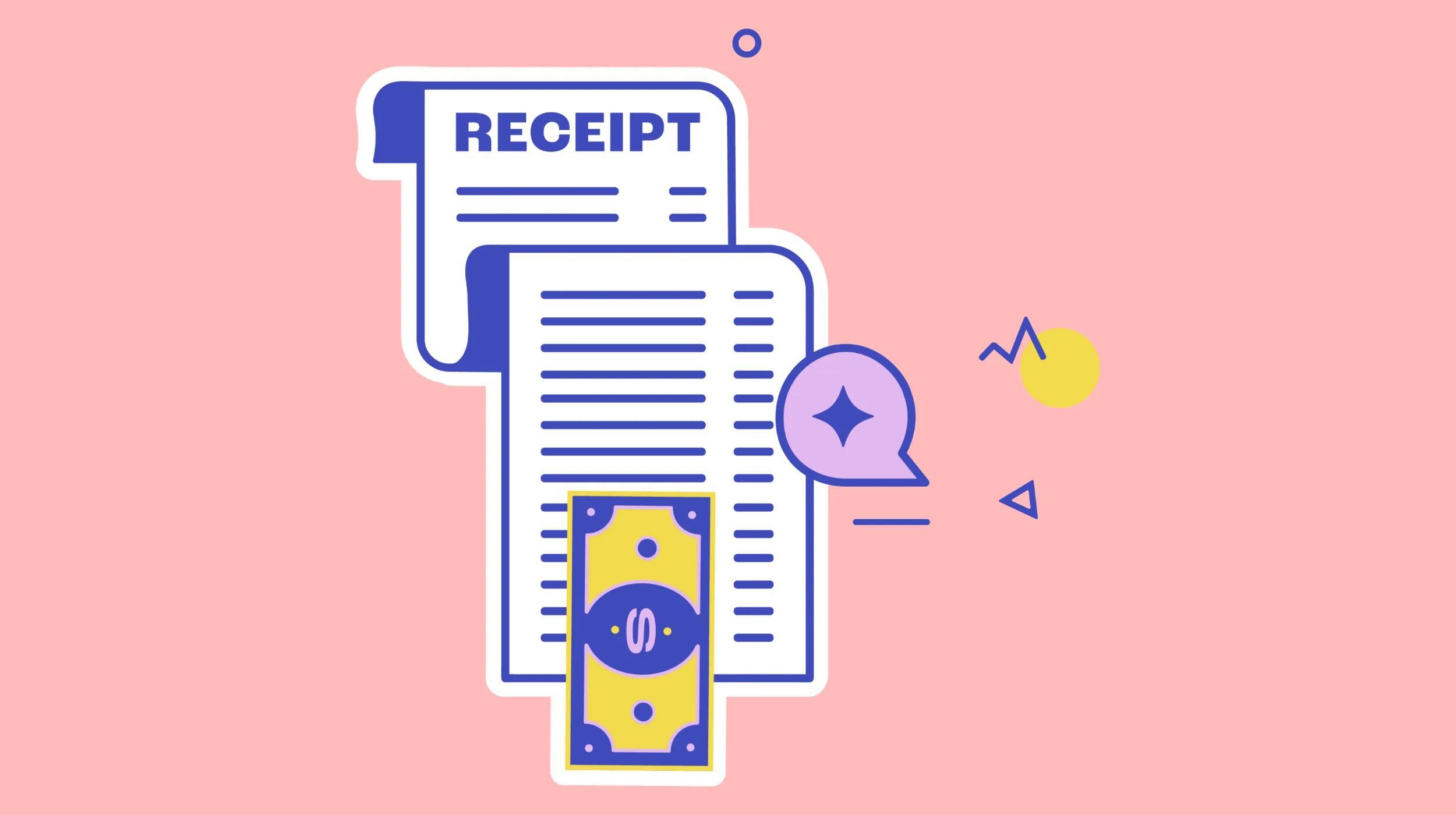Scam artists love preying on small businesses, but yours doesn’t have to be one of them. Here are the most prevalent tax scams targeting small businesses this tax season.
Related: Understanding online security threats
Disclaimer: This content should not be construed as legal or tax advice. Always consult an attorney or tax professional regarding your specific legal or tax situation.
6 tax scams that target small business owners
Tax season is challenging enough without the added stress of falling prey to one of these tax scams:
- "You owe big — Pay up now!"
- "Here’s your tax transcript. Open up!"
- "We’ve got a refund waiting for you!"
- "Update your file immediately!"
- "I’ll get you a huge refund!"
- "Help natural disaster victims!"
Here’s what you need to know.

1. “You owe big — Pay up now!”
Someone calls your office, says he’s from the IRS, and demands you pay a giant tax bill — immediately. Beware! Why?
The IRS will never call you to demand immediate payment or to discuss tax liability without first mailing you a bill.
This scam also comes via email and other electronic media. Rest assured, the IRS does NOT initiate communication with taxpayers, personal or small business, through unsolicited email, social media or text messages.
The IRS reports that a new variation on this tax scam cropped up in 2018. Scammers spoof the phone number of a real IRS location and then encourage skeptical taxpayers to check the phone number online against the IRS’s real website. They then call back and demand payment.
Other red flags proving they’re phony? If they ask for your credit card number or personal information, demand a specific type of payment, or threaten to call law enforcement, they’re vicious scammers on the hunt.
2. “Here’s your tax transcript. Open up!”
The IRS recently warned of phishers who target small businesses with an unsolicited email claiming to be a tax transcript.
It’s a trick.
The aim of the Emotet malware is to convince an employee inside an organization to open an infected file, which then spreads throughout the company’s network.
Watch out for an email claiming to be from “IRS Online” and a subject line using some variation of the term “tax transcript.”
Again, the IRS will never contact you through email, or send sensitive information such as tax transcripts via email, so advise everyone on your network to report this email as a phishing attempt.
Related: How to protect your business from phishing scams
3. “We’ve got a refund waiting for you!”
Who doesn’t want to hear that extra money is coming their way? Be careful.
The old adage — If it’s too good to be true, it probably is — holds merit in this case. Contact the IRS and your accountant to verify the claim or, more likely, report the scam.
4. “Update your file immediately!”
A professional looking email says your small business needs to update its “file” with the IRS. It looks legit — the logo, the font and the web address all seem aboveboard.
But remember, the IRS will never initiate communication with you through email.
This form of identity fraud can cost you big. Call the IRS before handing over any information.
5. “I’ll get you a HUGE refund!”
Everyone wants to pay as little as possible at tax time, and a quality accountant can prove invaluable. But not every tax pro has your best interests at heart. And no matter what, you are responsible for your taxes — not your tax preparer, even if he or she proves to be the scum of the earth.
Always read the return before you sign it, and no matter what, never sign a blank return.
Be wary of any tax pro guaranteeing a huge refund, and insure your tax pro has a “Preparer Tax Identification Number.”
Also, don’t do business with someone who gets paid based on a percentage of your return or who completes your return without asking for your paperwork.
6. “Help natural disaster victims.”
Donations to charitable organizations helping natural disaster victims are wonderful. Donations to fake charities are not.
Be scrupulous when your small business writes a check to support a cause.
Scammers can create a fake charity complete with letterhead and a website in minutes flat! This scam is particularly common in the wake of a natural disaster when emotions are high and the need is great.
The IRS warns that this scam has been especially prevalent this past year.
Spot fake charities by checking their names against the IRS-approved list. Be alert to charities whose names are similar to reputable organizations, and never supply your Social Security number or EIN.
Knowledge is power
Common sense goes a long way, but knowledge is power. If you receive a suspicious email purported to be from the IRS, forward it to phishing@irs.gov. If you’re still in doubt, consult the IRS — no question is too small when it comes to protecting your small business.







